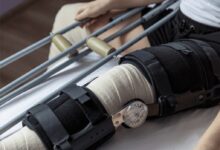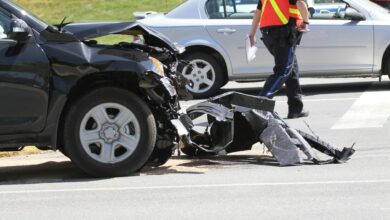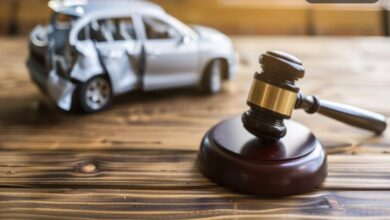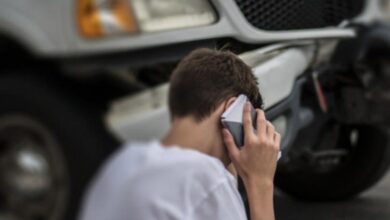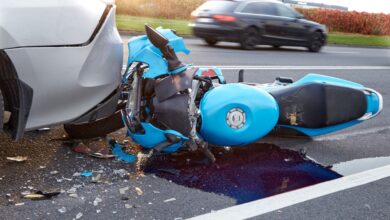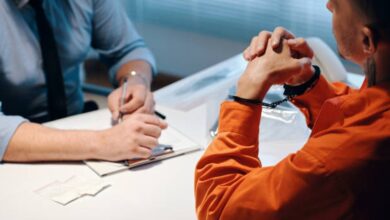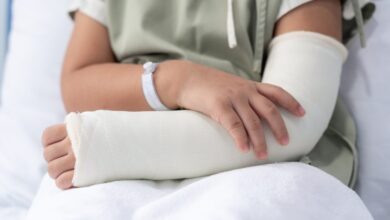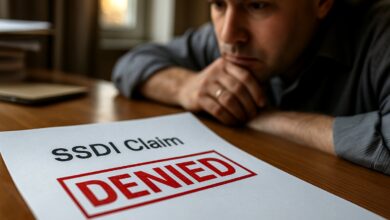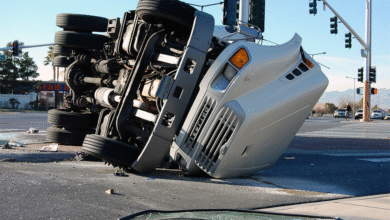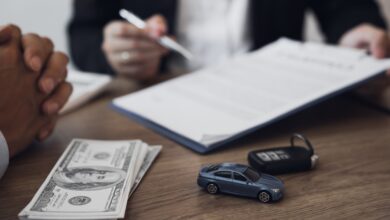The First 72 Hours After a Motorcycle Accident: What to Do
In Miami Gardens, a motorcycle accident can change everything. Learn why the first 72 hours are critical for your health, recovery, and legal rights.
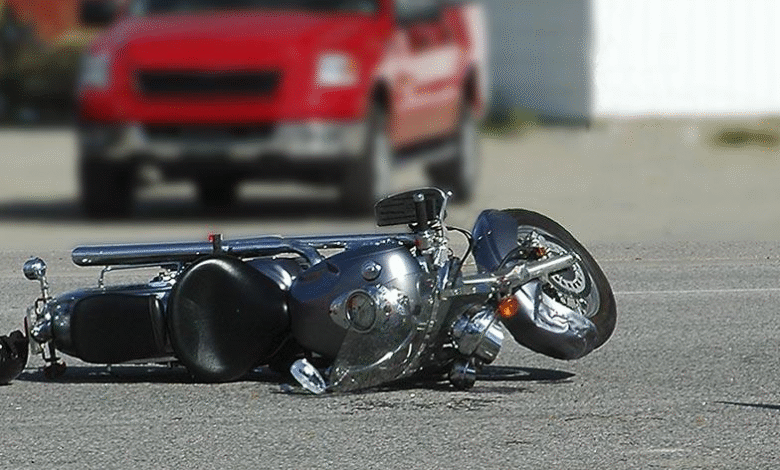
Miami Gardens, with its dense traffic and vibrant streets, offers both freedom and risk for motorcyclists. In a split second, a ride can turn into an emergency, and what happens next can shape your recovery and your rights. From navigating emergency response to dealing with insurance adjusters, the first 72 hours are more than just reactive—they’re foundational. Miss a step, and you could compromise both your health and your claim.
That’s why consulting a Miami Gardens personal injury lawyer early on can make all the difference. They understand the legal nuances that surface quickly after a crash and help ensure your next moves are both smart and protective.
Take Immediate Safety Measures
Safety comes first in the aftermath of an accident. If possible, get out of traffic. Put on hazard lights and provide warning triangles. These steps will prohibit further interactions and make the area safer.
Check for Injuries
Check yourself and others for injuries. Even if they feel fine at the time, the adrenaline may be masking some symptoms. Check for any apparent injuries and inquire of others if they have any injuries. Immediately call emergency services if anyone looks severely injured. This is why you should leave serious cases to the professionals; doing otherwise could cause even more damage.
Contact Emergency Services
Always call for emergency help, no matter if you see injuries or not. It is essential in insurance claims and legal purposes; therefore, police reports are critical. If police or other authorities show up, tell them about the accident as simply as you can. Stick to the facts; do not assign blame and take the assistance of experts.
Gather Essential Information
While waiting for medical attention, collect information. This includes the contact information of the other party you were in an accident with, insurance details, and license plate numbers. If there is a witness, ask for their number as well (gently). This information will be helpful later when talking to insurance companies and attorneys.
Document the Scene
Take photos of the accident scene. Capture the position of vehicles, damages, and any relevant road conditions. Photographs provide a visual record that can clarify the situation when memories may become unclear. These images can also serve as evidence if disputes arise.
Seek Medical Attention
Seek medical attention within 24 hours of an injury, even if it seems only minor. Some injuries, like concussions or internal bleeding, won’t manifest themselves right away. Medical records will also help to back up any sort of injury claim.
Notify Insurance Providers
Notify the insurance companies about the collision at once. Give them any information and documentation that you have compiled. Insurance companies normally have some strict timelines related to reporting, so timely communication is critical to avoiding complications.
Keep a Detailed Record
Document the incident and subsequent interactions. Any calls for health-related visits, chatting with insurers, and other costs are covered. A detailed record is helpful for claim management, and you will not miss a detail.
Consider Legal Advice
If liability is contested or your injuries are severe, it will be wise to consult with an attorney. A legal expert can provide advice regarding rights and obligations. They can also help with negotiations with the insurer or obtain compensation if required.
Take Care of Emotional Well-Being
An accident can be emotionally draining. If need be, remember to validate emotions and ask for help. It is also helpful to talk to friends, family, or professionals to process the experience and decrease stress.
Plan for Recovery
Recovery extends beyond physical healing. Think about the effect on daily life and adjust as needed. This could be as easy as needing to schedule a ride to and from work if the motorcycle is damaged or having to rearrange work hours to accommodate medical exams.
Reflect and Learn
Give yourself time to think about it. If applicable, include any lessons learned and how they would enhance safety in the future. That may mean changing riding habits or purchasing new accessories, but if nothing else, these reflections can make for more responsible riding in the years to come.
Conclusion
The first 72 hours after a motorcycle accident are critical for ensuring safety, securing necessary information, and beginning the healing process. By following these steps, individuals can manage the aftermath with confidence and clarity. Remember, preparation and prompt action can significantly influence the outcome during these challenging times.
